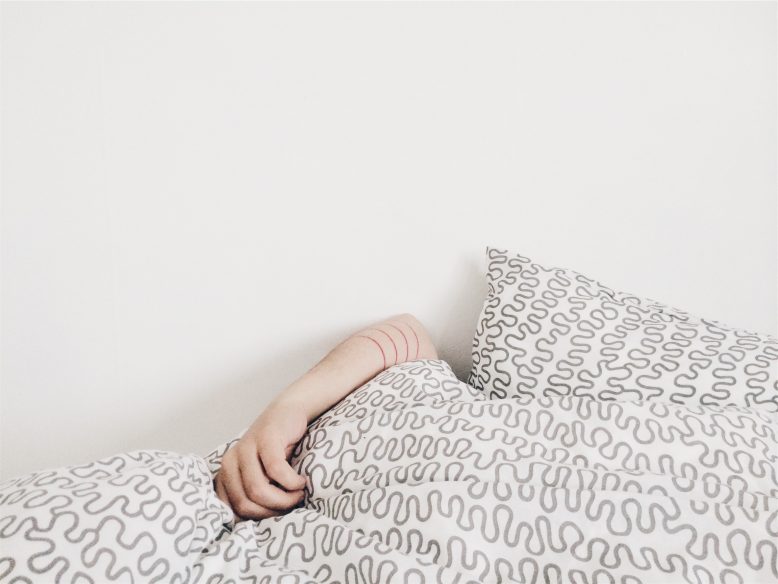
Are your nights filled with so much tossing that you feel like the restless lass in The Princess and the Pea? Don’t lose sleep over it. With a few expert tips, you can improve your slumber habits and wake up refreshed.
Although each person has different requirements, the American Academy of Sleep Medicine recommends seven to eight glorious hours of uninterrupted sleep each night. They also caution that heart attacks, strokes, coronary heart disease and angina are twice as common among those who consistently get fewer than five hours of sleep nightly.
But it’s just as bad to get too much shut-eye: cardiovascular disease is 1.5 times higher for people who sleep nine or more hours a night. And women of any age, especially those with high blood pressure who snore and wake frequently, should see a physician to rule out sleep apnea.
Check out these simple tips and wake up on the right side of the bed:
1. Easy does it
Keep your bedroom quiet and temperature regulated. Try white-noise machines (sleepwellbaby.com) and earplugs, and remove nearby distractions such as your television and computer. For optimal comfort, sleep in a room that’s about 65 degrees.
2. The kitchen is closed
To ward off insomnia, avoid heavy evening meals and sugary desserts. Alcohol and caffeine in the evening, even 12 hours before bedtime, can stimulate you to wake up in the middle of the night.
3. Get in sync
Put your head on your pillow at the same time each night, and wake at the same hour, even on weekends. Your body will respond to a natural schedule if you go to bed when you’re tired and treat your body to quality sleep each night.
4. Don’t be alarmed
You really won’t need an alarm clock if you wake naturally after you’ve enjoyed the right amount of slumber. If your alarm clock rings and you’re still in a deep sleep, try going to bed earlier.
5. Couch potatoes beware
Resist snoozing on the sofa after dinner because this can affect your ability to fall asleep and stay asleep later at night. If you feel tired in the middle of the evening, force yourself to get off the couch and do something productive.
6. Lights out
Your natural sleep-wake rhythm, called Circadian rhythm, is affected by daylight and darkness. Keep bedroom light as dim as possible and, if you have to wake in the middle of the night, avoid turning lights to their brightest setting. Black-out shades can also help.
Besides these expert tips, you can always try the old-school standards: sip warm milk at bedtime, relax in a hot tub or switch to a more comfortable mattress and pillow.
However you aspire to improve your slumber habits, here’s wishing you restful beauty sleep—fit for a princess.




